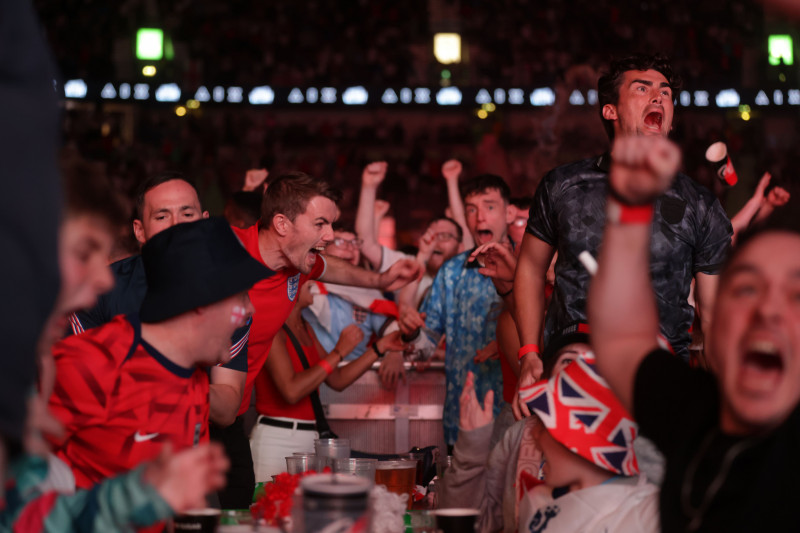Support truly
independent journalism
Support Now
Our mission is to deliver unbiased, fact-based reporting that holds power to account and exposes the truth.
Whether $5 or $50, every contribution counts.
Support us to deliver journalism without an agenda.

Louise Thomas
Editor
Munich will open its first-ever non-alcoholic Oktoberfest beer garden in an attempt to curb reckless binge drinking and crime in the city centre.
Die Null (The Zero) will serve exclusively alcohol-free beverages to transform the Karl-Stützel-Platz area which has long had a reputation for drugs, crime and overall neglect.
Restauranteurs at nearby bars, hotels, and restaurants, expressed contempt in a recent Zeit Magazin interview over raucous locals and tourists plundering out of trains to drink to excess and immerse themselves in Munich’s acclaimed status as a “beer haven.”
Munich’s city administration expressed the aim for a transformation in the area with hopes of the new alcohol-free rebranding of the area seeing it “anchored in the centre of society”.
Local restauranteur Florian Schönhofer said: “It is no longer fun, it is pretty disgusting.

“We don’t want to drive anyone away, but we want to reclaim public space.
“The real problem lies in a certain lack of boundaries in alcohol consumption, which 20 years ago was much more restricted to designated places.”
Yet, he admitted that losses were expected as a result of the changes.
For over 500 years, Bavaria has had a fixed “purity law” (Reinheitsgebot) which restricts the beer recipe to only a handful of ingredients: barley, hops and water.
This law, however, will only impact the establishments if they seek to brew their own alcohol-free beer.
Moreover, alcohol consumption has dropped considerably in Germany with more people opting for health-conscious choices such as alcohol-free beer.
As of this year, data published by Statista highlighted that consumption per capita in Germany was down by 14.5 per cent meaning the average consumption per person dropped from 107.3 litres to 91.8 litres in the last ten years.
Comparatively, close to 50 per cent of UK adults reportedly drank alcohol at least once a week, according to Drinkaware findings from 2022.
Though that figure has dropped from the previous 54 of weekly drinkers in 2011, evidence still shows that alcohol-related deaths were the highest on record according to the latest data from the ONS.
The backlash towards drunken tourists is not the first to be reported in recent weeks as Spanish locals attacked tourists with water pistols in Barcelona last week - which Spain’s tourism minister condemned.
This retaliation towards drinking is arguably justified after England fans broke out in violent mobs following the Euros defeat at the weekend in Berlin.
Thus, residents in the city centre have welcomed the change.
Earlier this year, Germany became the first European country to legalise recreational cannabis use.
Disclaimer: The copyright of this article belongs to the original author. Reposting this article is solely for the purpose of information dissemination and does not constitute any investment advice. If there is any infringement, please contact us immediately. We will make corrections or deletions as necessary. Thank you.



